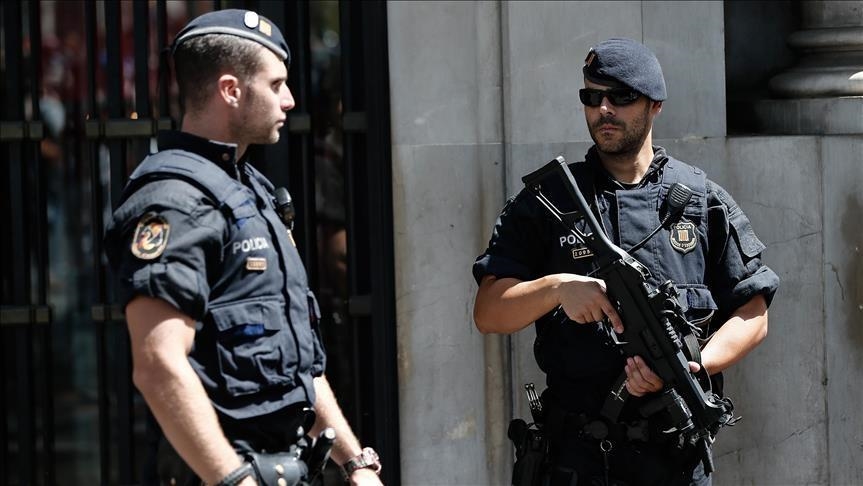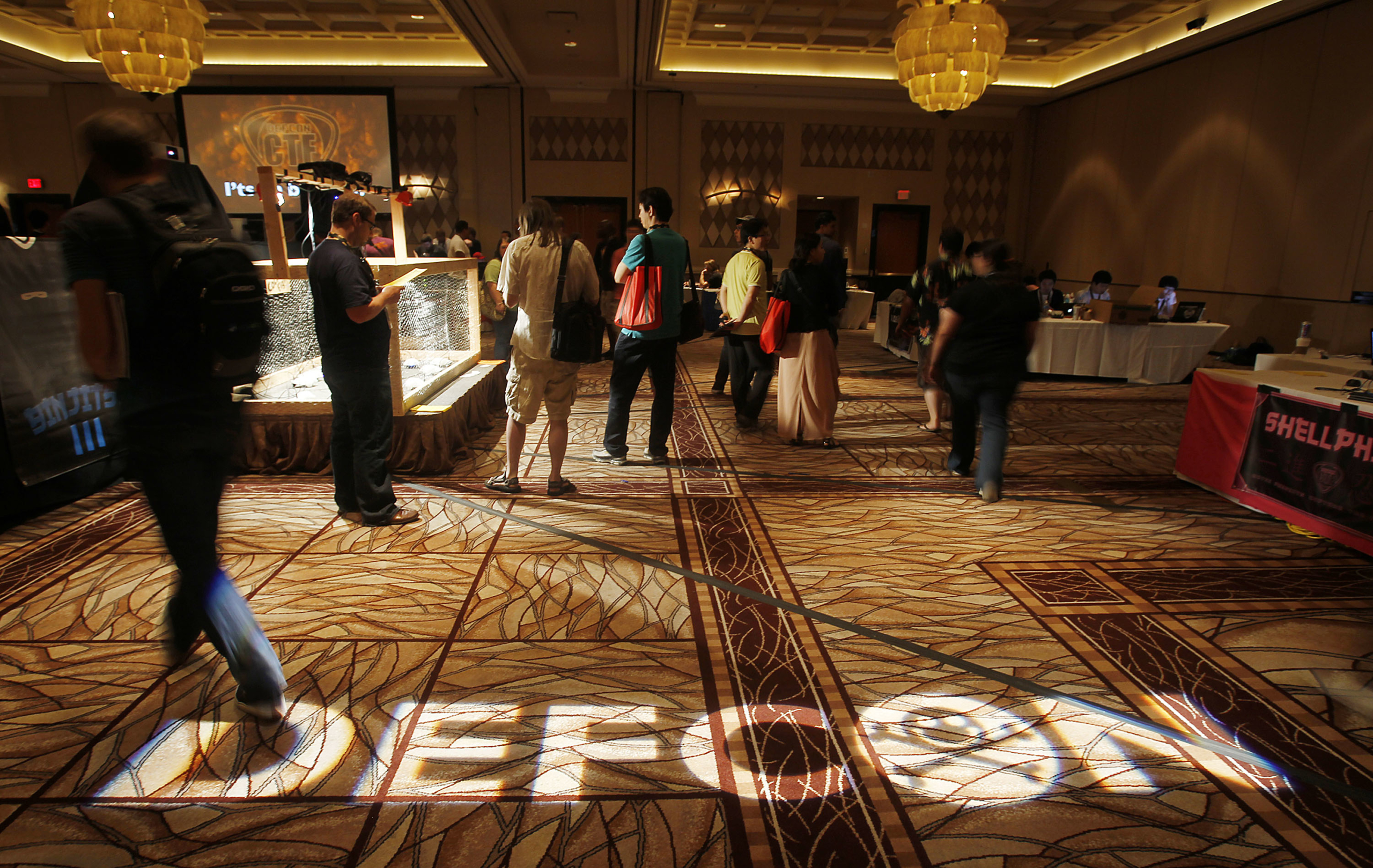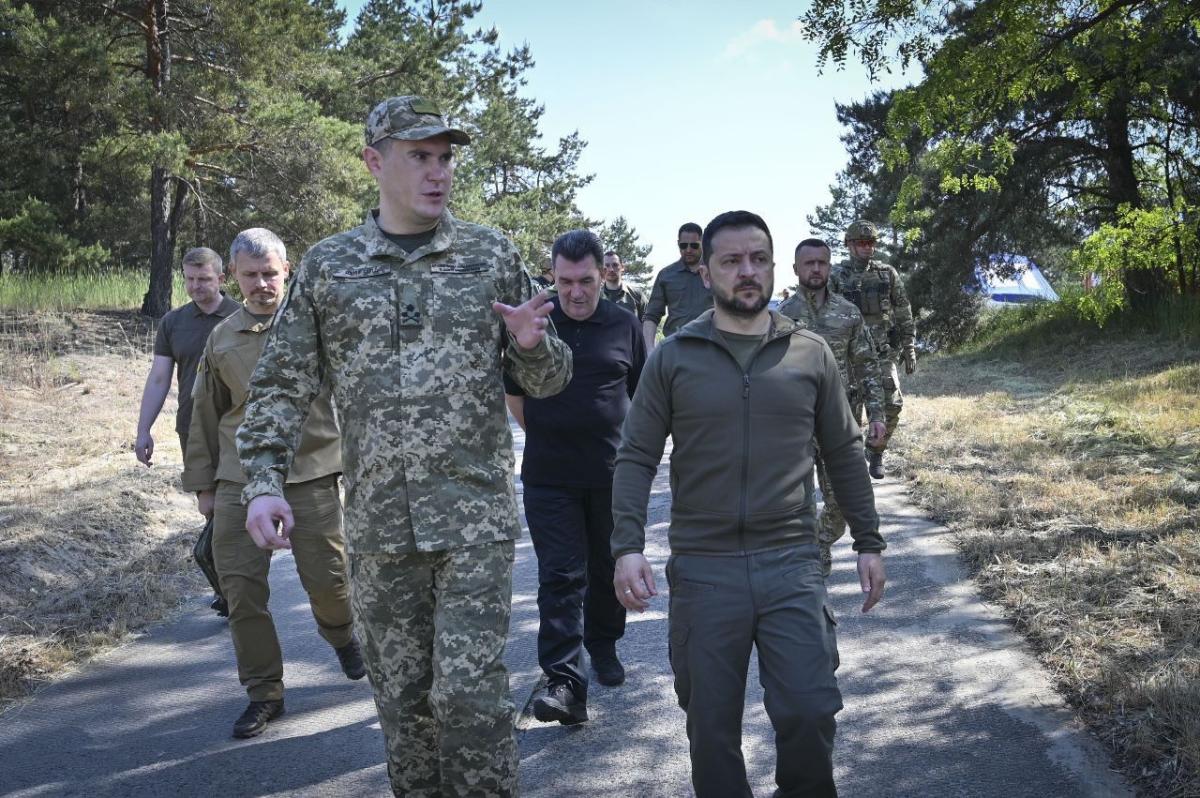Spain’s police report arrest of leader of world’s largest hacking group
(MENAFN) In the coastal city of Alicante, Spanish police have reported the arrest of an individual believed to be one of the leaders of the hacktivist group Kelvin Security.
As reported by Spanish authorities, Kelvin Security has engaged in hacking activities targeting more than 300 organizations across more than 90 countries in the last three years. The group is alleged to have extracted sensitive information, subsequently selling it on the dark web.
The arrested individual, considered the head of finances within Kelvin Security, is accused of being responsible for money laundering related to the proceeds obtained from the group’s hacking operations.
Police assert that the detainee primarily utilized cryptocurrency trading for money laundering purposes. Hailing from Venezuela, the individual faces charges such as belonging to a criminal organization, revealing secrets, as well as money laundering.
Spanish law enforcement notes that Kelvin Security’s most recent cyber-attack targeted an energy company last month, resulting in a significant extraction of confidential information from over 85,000 clients of the company.
The investigation in Spain began in 2021 after Kelvin Security hacked the computer systems of several Spanish entities, including the cities of Getafe, Camas, La Haba, in addition to the regional government of Castille-La Mancha.
MENAFN12122023000045015839ID1107576067
Legal Disclaimer:
MENAFN provides the information “as is” without warranty of any kind. We do not accept any responsibility or liability for the accuracy, content, images, videos, licenses, completeness, legality, or reliability of the information contained in this article. If you have any complaints or copyright issues related to this article, kindly contact the provider above.



